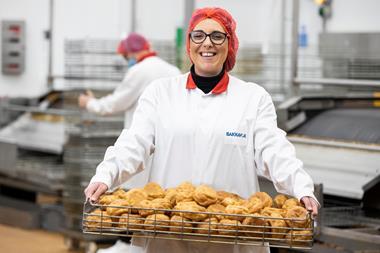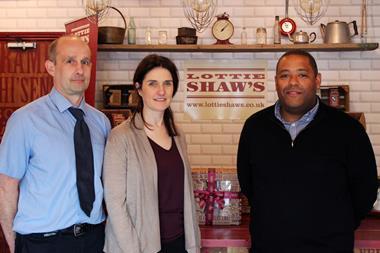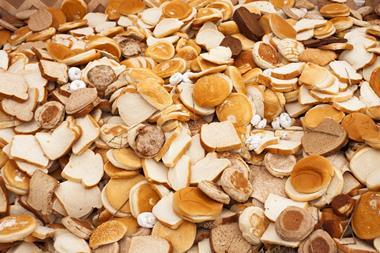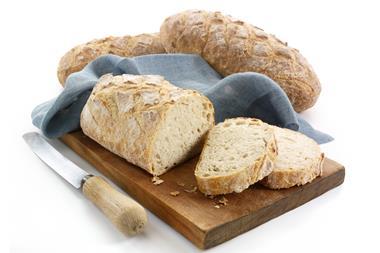Losses at Kingsmill owner Allied Bakeries have remained “unacceptable” in the past year, according to parent company Associated British Foods (ABF).
Allied, which also produces the Allinson’s brand, has been operating against a background of continued gain in market share by own-label bread, reported ABF in its annual results for the year to 15 September 2018.
The company has previously reported that it had been making progress in recovering the losses suffered by Allied in its 2017 financial year. NPD has included the launch of Kingsmill Super Seeds in January and, more recently, Kingsmill Vitamin Boost (pictured above).
In today’s (6 November) announcement, it said some progress had been made with cost reduction programmes and price increases. However, ABF also highlighted that wheat prices increased significantly over the summer following a drop in global production.
“The impact of this on our costs will be reflected in our ongoing discussions with our customers,” stated the company.
Allied is part of ABF’s Grocery division, which saw an overall 1% increase in revenue and benefited from strong performances by Twinings Ovaltine and Patak’s.
The company reported that, like Kingsmill, its Ryvita crispbread brand had been operating in a challenging UK market that had seen a large shift towards own label. A new Ryvita production facility has been opened at Bardney to boost capacity and efficiency.
Ingredients division
ABF’s Ingredients division, which includes AB Mauri, saw a 6% increase in revenue at constant currency.
The company reported that AB Mauri had delivered another year of growth in yeast and bakery ingredients through operational improvements. This summer, it completed the acquisition of Holgran and Fleming Howden.
“Significant progress was made in our multi-year investment programme, aimed at developing our capabilities in bakery ingredients technology,” stated ABF. “Gross profit margins improved as a result of a favourable product mix, with sales managed towards markets with higher margins. In our enzymes businesses, innovative products serving the bakery, pulp and paper and detergents markets delivered the sales growth.”
In terms of the overall ABF business and Brexit, the company said changes in legislation and trade agreements could provide opportunities for the food industry to replace imported food and build export markets
It added, however, that it was concerned about the risk of abrupt changes to UK customs procedures and welcomed the government’s plan to have a transition period beyond March 2019.
“While we continue to regard the possibility of the UK leaving the EU in March 2019 without any form of transition period as highly unlikely, those businesses that might expect to see some disruption in these circumstances are making the preparations necessary to ensure this disruption is minimised,” said ABF chief executive George Weston. “We do not expect these preparations to materially impact the financial performance of the group.”



































No comments yet